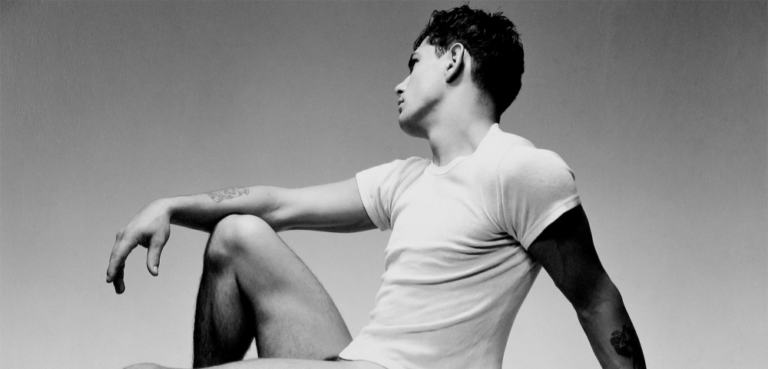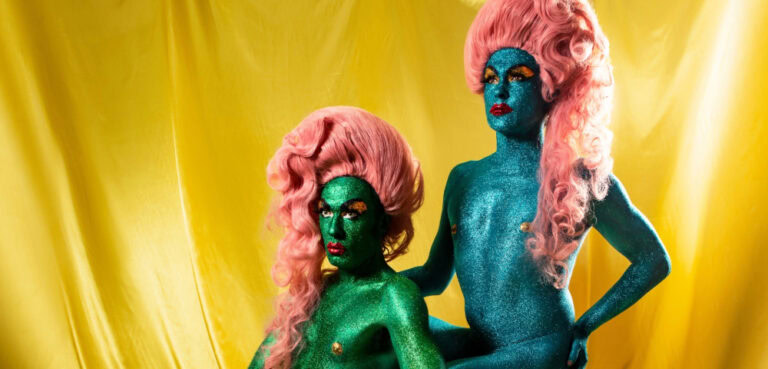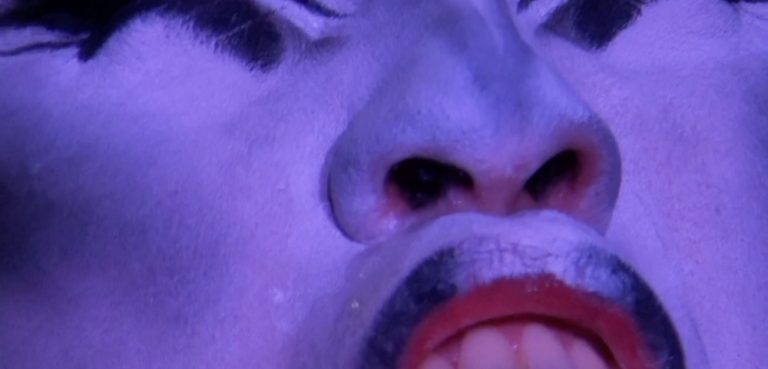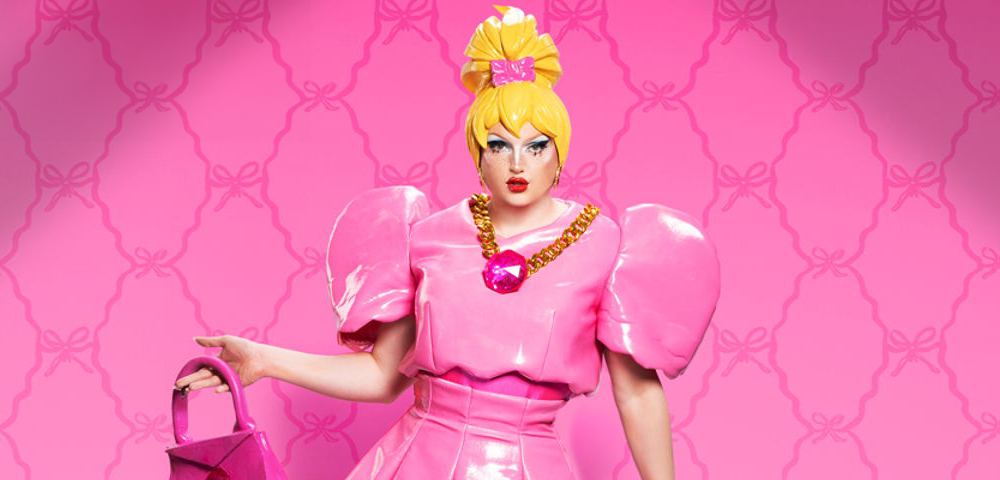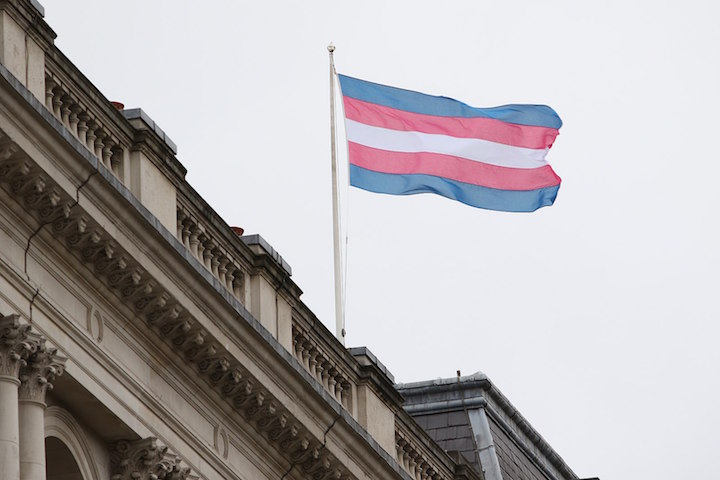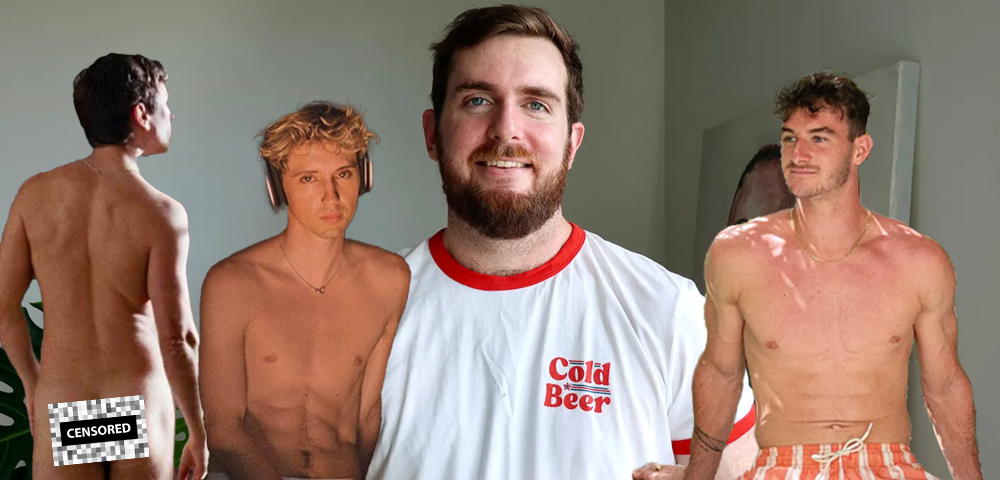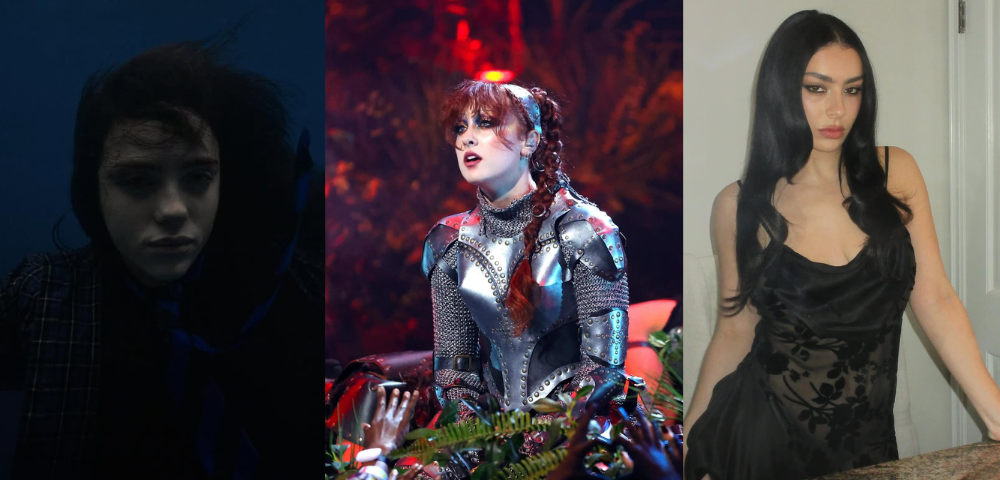
Tokyo Paralympics Welcomes A Record 31 Out Athletes
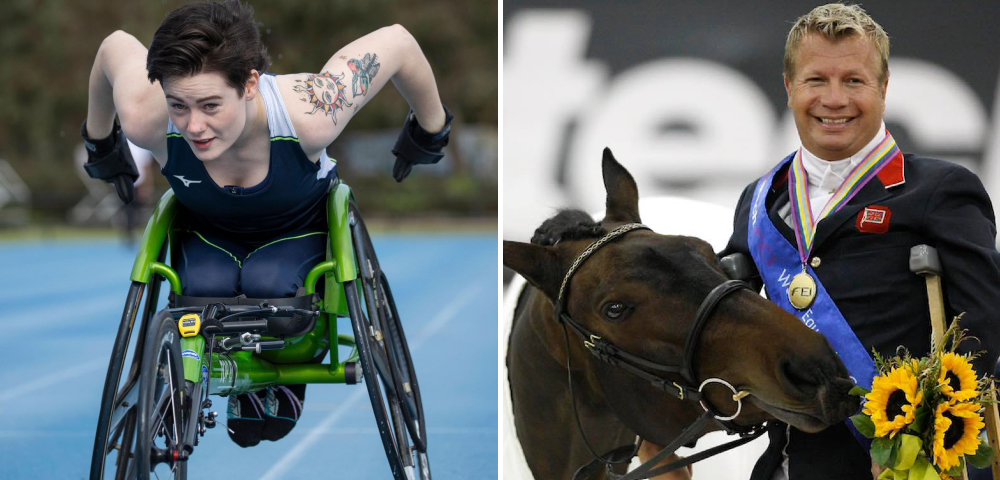
Once again LGBTQ+ athletes are making history in Tokyo. Following on the heels of the Summer Olympic Games where at least 185 out LGBTQ+ athletes competed; the highest number ever, the Paralympic Games is boasting a record 31 out athletes. This makes the combined Tokyo Olympic and Paralympic Games by far the most inclusive ever held.
According to Outsports, 10 countries have out LGBTQ+ athletes participating in the Tokyo Paralympics, in 12 sports. Team USA leads the way with nine out athletes followed by Great Britain (nine), Canada (three), and Australia, Germany and Brazil with two each.
In comparison, only 12 out athletes competed at the Paralympic Summer Games in Rio De Janeiro in 2016.
As in Tokyo, the list is heavily dominated by female athletes with one out man and three who identify as non-binary or neutral.
Two Out Australian Athletes At Paralympic Games
Australia is represented by two out nonbinary athletes, Robyn Lambird and Maria Strong.
Lambird, 24, was diagnosed with cerebral palsy when they were nine years old. Lambird began competing in Para-athletics in 2016 and is competing in the Games in Wheelchair Racing.
View this post on Instagram
“Queer, disabled and thriving. I’m here to show the youngsters what’s possible. I’m here to witness my community in all its beauty. I’m here to remind the non-disabled that the battle is ongoing and that ableism still exists in every structure. I’m here to speak up, to be inspired, to take up space, to change the narrative,” Lambird said in an Instagram post.
Maria “Maz” Strong, 50, who has cerebral palsy, is competing in Women’s Seated Shot Put. Strong, who began competing in shot put in 2017 when they were 46, made their international debut competing for Australia at the World Para Athletics Championships in Dubai in 2019.
Crystal Lane-Wright Takes Silver for Great Britain
Crystal Lane-Wright of Team Great Britain is the first out athlete to win a medal in these Paralympic Games, taking silver in the women’s C5 3000m individual pursuit on 25 August, the first day of competition.
View this post on Instagram
It is Lane Wright’s second silver medal in the event in consecutive Games.
LGBTQ+ Athletes Going for Gold at Games
The sole out man is Para-dressage rider Lee Pearson, competing for Great Britain. Pearson is a storied veteran of the Games, having previously won 14 Paralympic medals, including 11 gold, since his first Games in Sydney in 2000. Pearson was named a Commander of the Order of the British Empire in 2009 for his service to equestrianism and disabled sport.
View this post on Instagram
The athlete tally at the 2020 Paralympics also includes one LGBTQ+ couple, Robyn Love and Laurie Williams, who are part of the women’s Wheelchair Basketball team representing Great Britain. In an Instagram post, Love wrote, “I can’t imagine what my GB journey would have been like if Laurie and I weren’t together…I don’t think I would have progressed so quickly without her pushing me so hard.”
Love is also an ambassador for Athlete Ally, an organisation which works to “dismantle the system of oppression in sport that isolate, exclude and endanger LGBTQ+ people.”
In an Instagram post Athlete Ally said, “LGBTQ+ athletes have always been a part of global sport history, but never before at this scale. Sending love to the trailblazing 170+ out LGBTQ+ Olympians and Paralympians at this year’s Games showing the world that athletes can be their authentic selves and reach their highest dreams.”
View this post on Instagram
Out Paralympians Inspire Others To Reach Goals
In a press release GLAAD said, “The growing visibility and acceptance of out athletes offers a unique opportunity for global audiences to see LGBTQ people as individuals on the world stage. LGBTQ athletes have the same basic human need to belong and – with an elite athlete’s drive to achieve – to represent their respective countries with pride, support and dignity.”
Monique Matthews competing for Team USA in Sitting Volleyball, said in a GLAAD IGTV Hangout, “Most people see us an inspiration because we are disabled, so they usually look past if you are LGBTQ…but we want them to see the whole us. Which is why I‘m happy that so many [athletes] are out this year compared to last Paralympics. Hopefully it just continues to grow, and they know that they have support and there are people there for them.”
View this post on Instagram
Fighting Stigma Through Sport
Rich Ferraro, the Chief Communication Officer at GLAAD, said, “The Paralympics by nature are a celebration of inclusion and equality, and the historic number of out LGBTQ athletes participating this year is something to celebrate. LGBTQ people are more likely to live with disabilities and to face systemic discrimination on both fronts; the visibility brought by the Paralympics and its talented athletes helps fight that stigma. Every athlete, regardless of ability, gender, race, or sexual orientation, deserves a chance to participate in sports and to represent their communities with pride.”
A 2019 research study by the Movement Advancement project and the Center for American Progress found an estimated 5 million LGBTQ+ people live with one or more disabilities.
Lauren Appelbaum, Vice-President of Entertainment, News Media and Communications at RespectAbility, said in a statement, “There is a large intersection between the LGBTQ+ community and the disability community, and the increased representation at this year’s Paralympic Games reflects that. We hope that even more out athletes participate in the future, as it is critical for all disabled people to have positive role models for success.”
LGBTQ+ athletes not only had greater visibility than ever before at the Summer Olympic Games but also ranked highly in final medal standings, winning 32 medals. This placed ‘Team LGBTQ’ (a moniker coined by Outsports), in 11th place behind France and before Canada, with a final tally of 11 gold, 12 silver and 9 bronze medals.
The Paralympic Games, the largest sporting event in the world for people with disabilities, were first held in 1960 in Rome, with 400 athletes from 23 countries competing. Today, the Games are held every 4 years in the same cities and using the same facilities as the Olympic Games. The 2020 Games will host 3500 athletes from 134 nations in 540 events across 22 sports.

